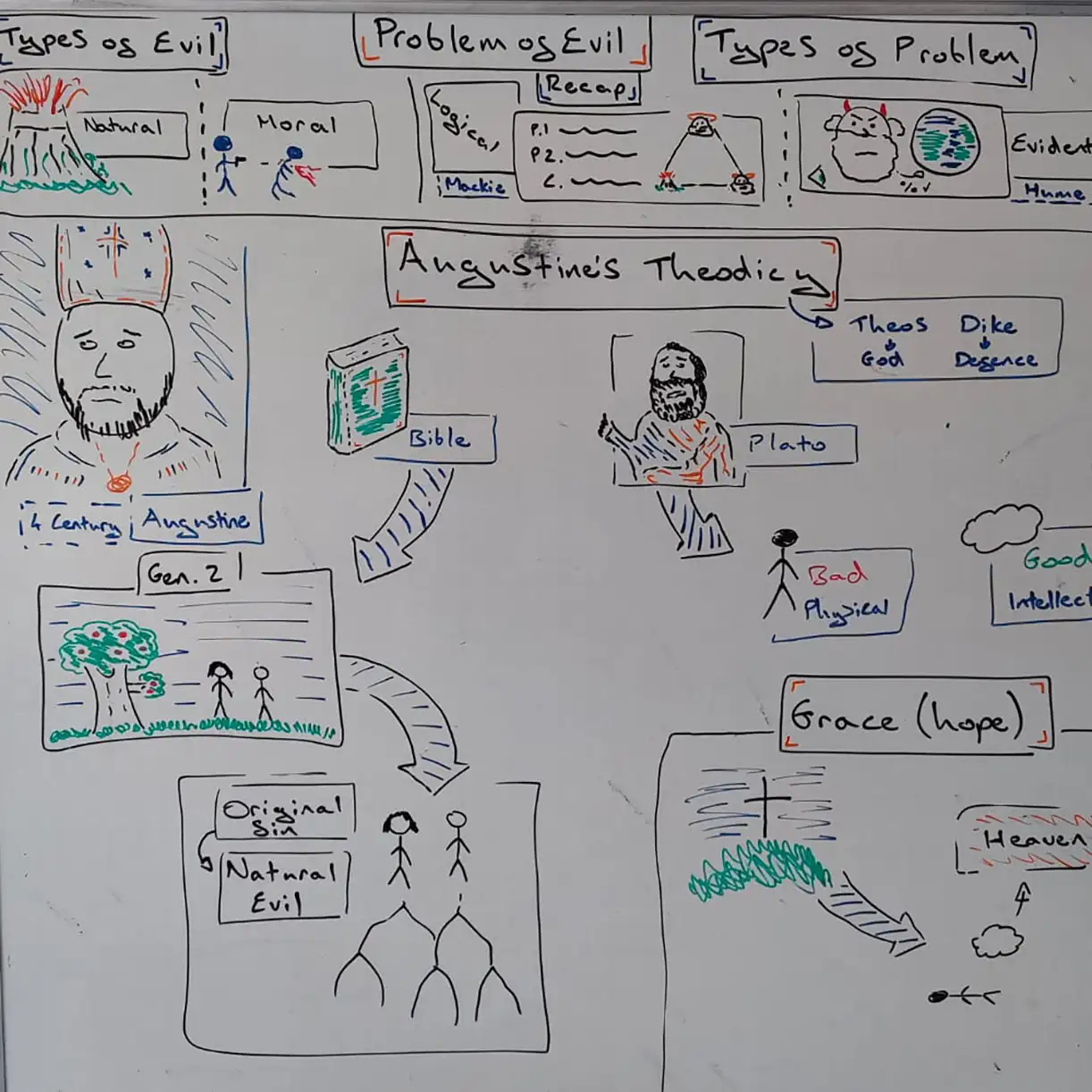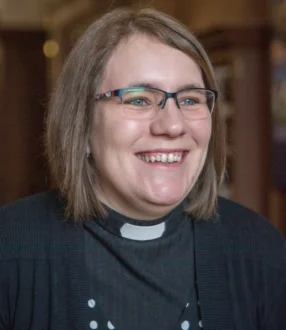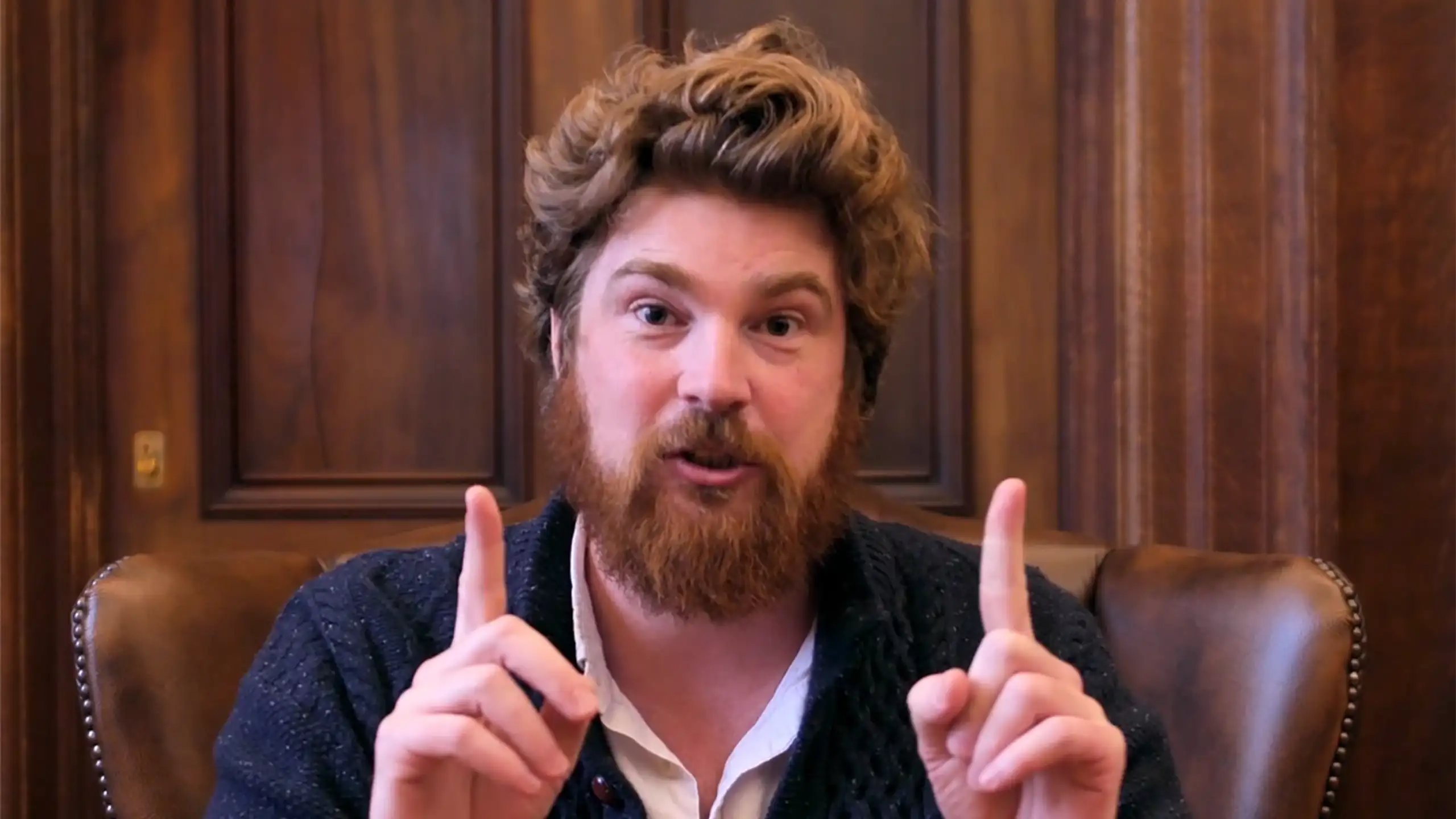
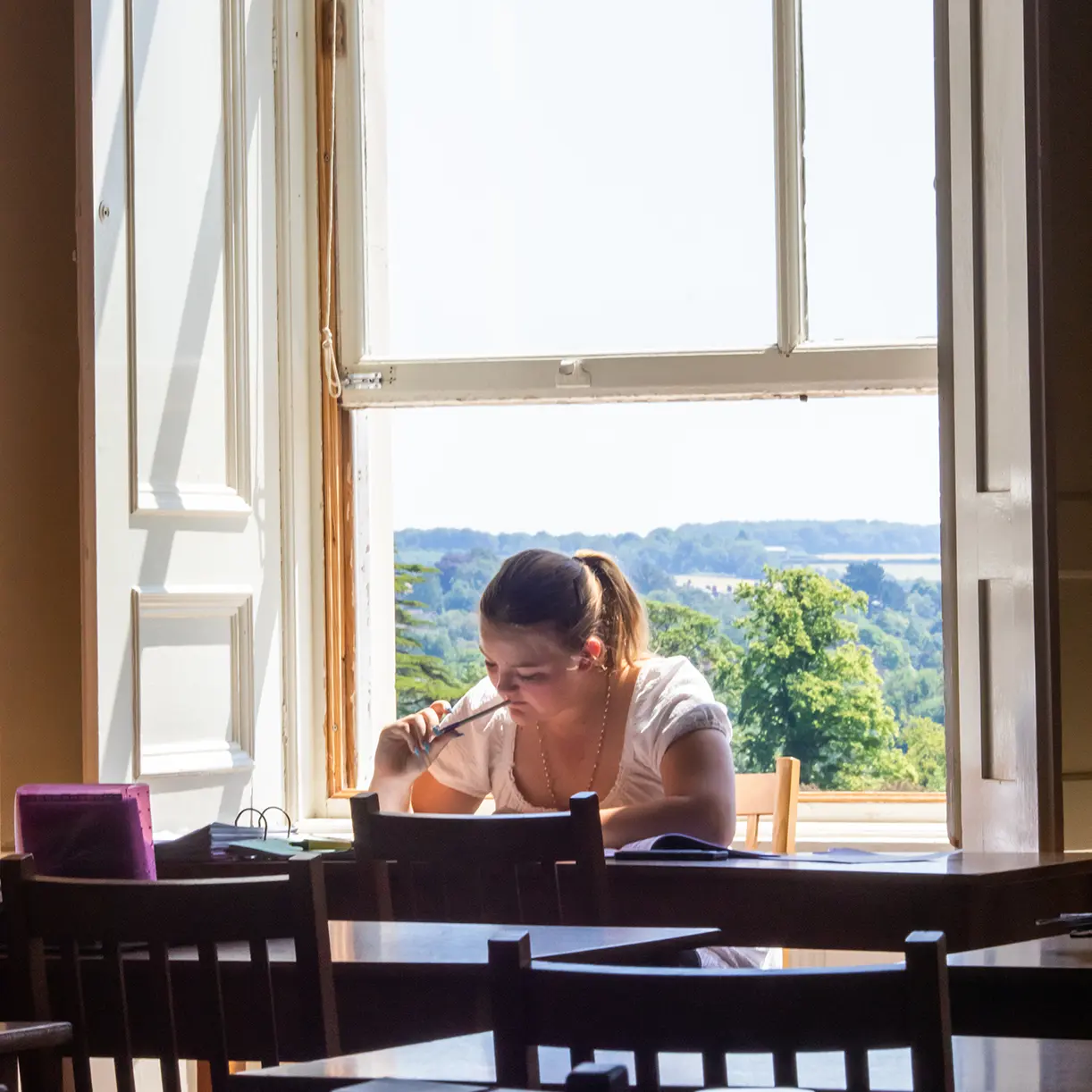
We teach both philosophy and theology
They are distinct subjects, but both tackle important notions such as ethics, metaphysics, and of course religious philosophy.
Philosophy is one of the broadest and most ancient of all subjects. We aim to give pupils an introduction from the Ancient Greeks to modern day including the religious influences on its history.
Pupils learn how to critique arguments using logic and creativity. They learn how to question and think past their preconceived ideas.
The principal aim of religious studies at Bryanston is to engage pupils in enquiring into the big questions in life from the study of religion, belief, philosophy and ethics.
In so doing RS will support pupils’ own personal moral, philosophical, ethical and spiritual development whilst promoting respect for others.
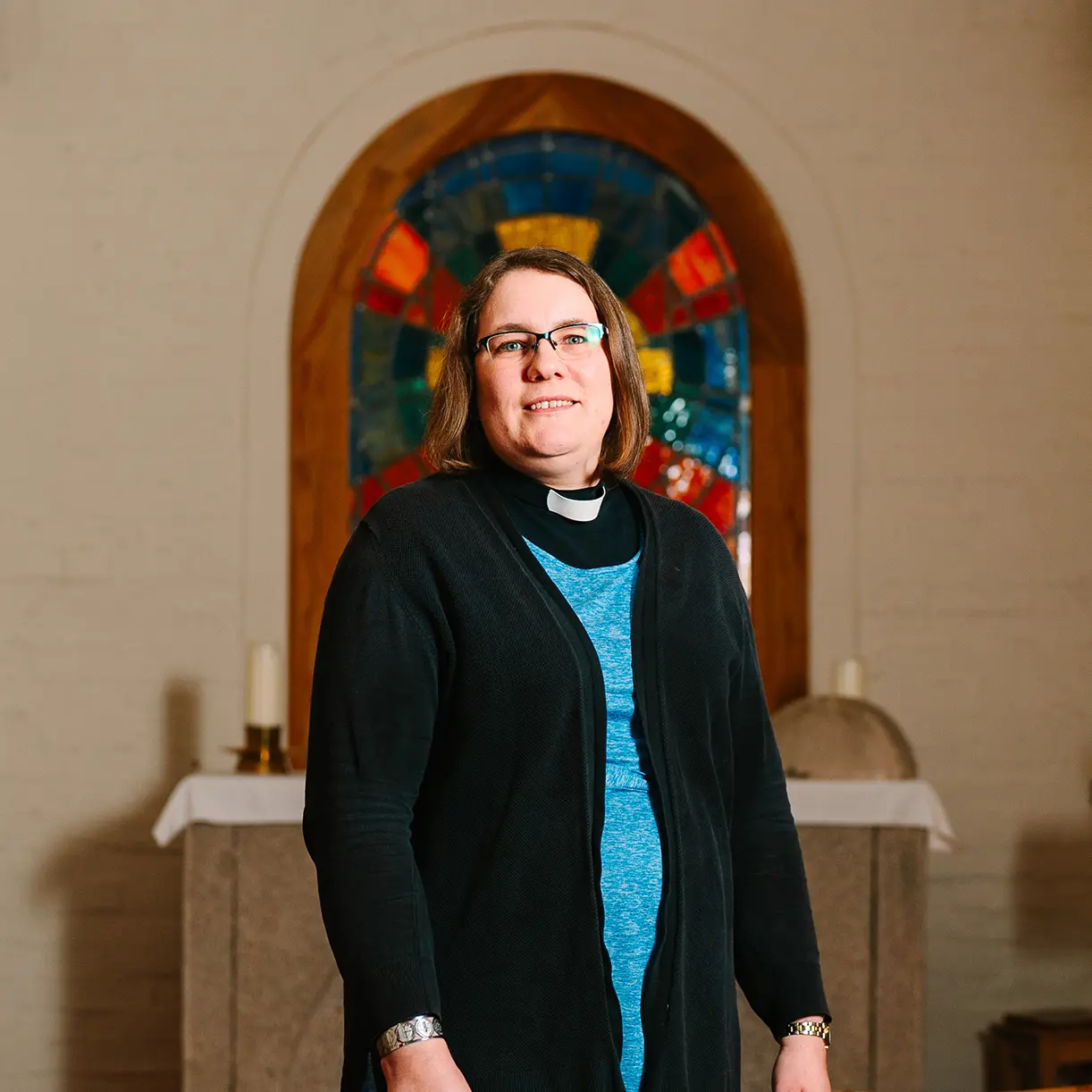
Theology: Exploring the traditions of Christianity and Islam
Theology encourages an appreciation for the diversity of global religious traditions, promoting interfaith dialogue and understanding. Pupils study the rich spiritual traditions, sacred texts, doctrines, rituals and historical development of Christianity and Islam.
Studying theology cultivates respect, tolerance, and empathy, enabling pupils to navigate an increasingly diverse and interconnected world.
Pupils embrace religious diversity and gain insights into the universal quest for meaning and transcendence. Through diverse perspectives, they develop a profound understanding of the world.
Philosophy Theology curriculum
-
GCSE (AQA)
GCSE Religious Studies explores Christianity and Islam, equipping pupils with a profound understanding of these beliefs and practices. Pupils grasp the essential themes of both religions to showcase a strong groundwork that prepares them for the exciting challenges awaiting them in A Level Theology.
-
A Level (OCR)
A Level Religious Studies is a combined exploration of Theology (Development of Christian Thought), Ethics, and Philosophy of Religion. We ask questions concerning what it means to have a soul, can good be an objective truth, and what the nature of God could be.
These thought-provoking topics fuel vibrant debates and empower pupils to be independent thinkers. The “learning to argue” element of the course inspires pupils to develop exceptional debate skills. It encourages constructing persuasive arguments and explores the pitfalls and fallacies that can undermine arguments.
Philosophy can feel like mental gymnastics. It considers the fundamental features of reality and approaches them with rationality, abstract thought, and creativity. It makes every part of the brain work to formulate an opinion. Our A-level curriculum allows for our pupils to become thought acrobats with both profundity and mental agility.
-
IB Philosophy
IB Philosophy stretches pupils to intelligently challenge and push their minds into philosophical directions that they will not have seen before. Exploring topics such as Philosophy of Mind, Ethics, Political Philosophy and Descartes’ Meditations helps generate complex reasoning skills.
Our pupils do not shy away from conversations that become ‘too abstract’; instead they engage with their imaginations as they tackle fundamental questions.
We promote a dynamic environment that brings philosophy to life with lively debate and dialogue. Outside of the classroom pupils develop their skills in crafting original arguments through regular assignments. They will then present and refine these ideas in weekly “original argument” sessions, engaging their peers with their own opinions. These arguments become a powerful part of the students’ final exam.
Philosophy at IB is a challenging and fascinating insight into the world of argument and innovative thought.
-
Beyond Bryanston
Studying Philosophy and Theology School empowers pupils to pursue diverse and meaningful paths. Our curriculum provides a solid foundation for success, with many pupils pursuing Philosophy and Theology degrees at university. Many become scholars, researchers, and educators in their chosen fields.
Others choose paths in ethics, law, journalism, or public service. In these roles, they can apply their sharpened critical thinking skills, ethical reasoning, and cultural understanding to make a positive impact.
But philosophy offers more than just academic opportunities. With a foundation in ethics and existential questions, pupils learn how to approach well-being and go into the world looking to pursue the examined life.
Philosophy & Religious Studies
Meet the staff
-
Luke Pollard
Head of Philosophy and Theology

-
Reverend Jo Davis
Chaplain and Theology Lead

